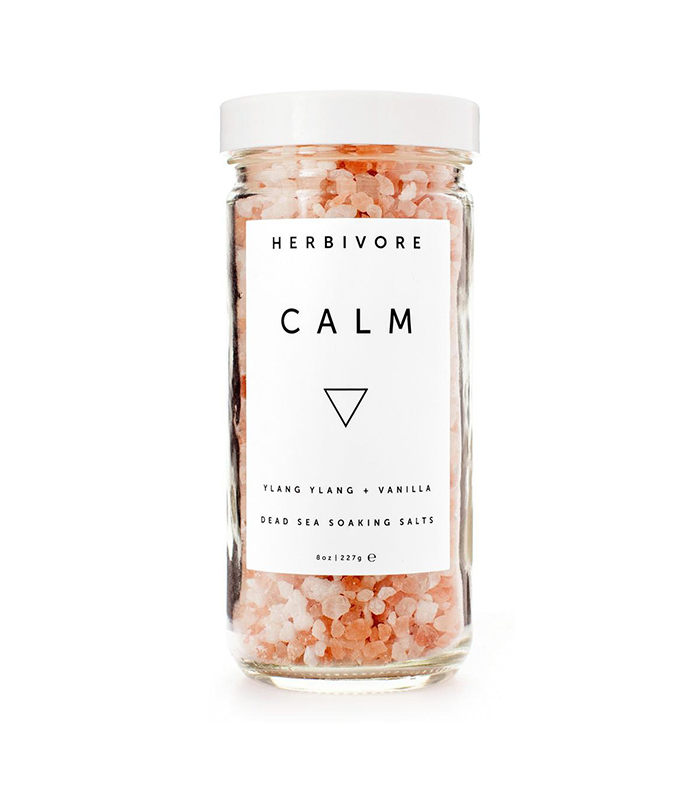I Took Melatonin Every Night—Until I Learned This
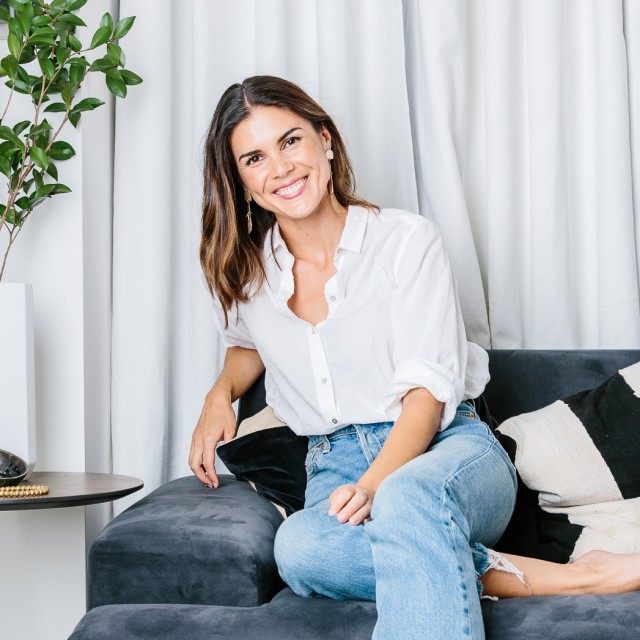
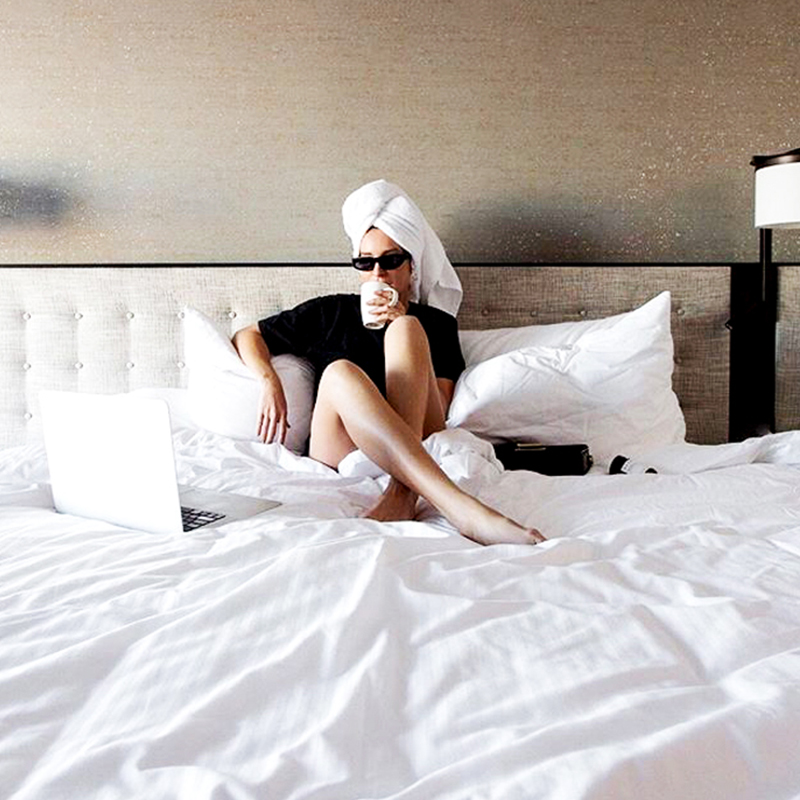
When a friend first told me about melatonin, it seemed almost too good to be true: The sleep aid is 100% natural, is available over the counter, and almost guarantees a good night's sleep. After a few restless nights, I popped a pill and dozed off in no less than five minutes.
The more frequently I took melatonin, though, the more I realised there was a downside no one told me about. On nights when I used the sleep aid to drift off, I had vivid nightmares and awoke in a daze. I wasn't imagining it either: I've been using Eight Sleep, a smart mattress that monitors heart rate, body movement, and other factors to rank your quality of sleep. According to the data, I actually slept worse when I took melatonin, even though it helped me drift off fast.
According to Michael Grandner, a sleep researcher at the University of Arizona, this popular pill isn't as harmless as many believe. "Any person in the sleep world will tell you the same thing: melatonin is not harmless, is vastly overused and should not be used as a sleep aid to treat insomnia," he told Huffington Post. Consumer Reports also voiced scepticism about the supplement, pointing out that it's only available via a doctor's appointment in the UK and is unregulated by the FDA. Perhaps its availability explains why it's so popular in the U.S.: It's estimated that 34 million Americans reach for this over-the-counter remedy every year.
Ahead, I quizzed Josh Axe, DNM, DC, CNS, with all my burning questions about this sleep aid, including the most important: Is melatonin actually safe?
So What Actually Is Melatonin?
"Melatonin is a hormone that sets our sleep-wake cycle or circadian rhythm," Axe explains. "This is your internal clock that runs on a 24-hour schedule and plays a major role in when you fall asleep and when you wake up."
Ideally, your body would naturally make melatonin and regulate when it's time to sleep, but factors like jet lag and sleep disorders can throw off that balance. "Your body naturally makes more melatonin when it's dark and less when it's light. If your body is running properly, your melatonin levels increase sharply after around 9 p.m., and they stay elevated while you sleep," he says. If your levels are out of sync, you can stock up on foods high in melatonin, like pineapple and oats, or get a bigger, concentrated hit via a supplement.
What Are the Side Effects?
It turns out that a lot of melatonin users can relate to the hazy after-effects I experienced. When Consumer Reports surveyed users in 2016, they found roughly 20% reported next-day grogginess. The Council for Responsible Nutrition, a supplement trade group, says to use caution before driving the next day. That doesn't mean it's necessarily unsafe, though. Axe suggests it might be down to dosage.
"Of course, just like with any medicine or supplement, it is possible to take too much melatonin," he says. "Typically, the recommended melatonin dosage is no more than five milligrams per day, but people who are more sensitive experience benefits from lower doses."
The correct dosage, according to the Massachusetts Institute of Technology, is 0.3 milligrams, but Huffington Post found that supplements "often sell 10 times that suggested amount in a single dose." Cue dizziness and confusion. "This can lead to higher plasma melatonin levels the next day, which can cause a 'hangover' effect that leaves users groggy," HuffPo explains.
As for the nightmares I experienced? Reddit forums are rife with anecdotes from others who have had the same reaction. Shelby Harris, Psy.D., director of behavioural sleep medicine at the Sleep-Wake Disorders Center at Montefiore Medical Center, tells Refinery29 that it shouldn't be a red flag, though. Studies suggest melatonin increases REM sleep, "an active stage of sleep where you process memories, regulate emotions, dream more," she says.
Is It Really Safe?
"The research shows that melatonin is safe when it's taken for a short period of time," Axe stresses. "Only mild adverse effects have been reported, such as dizziness, sleepiness, headache, and nausea." The bottom line: "A melatonin supplement will affect everyone differently," he says, so it's important to assess your dosage and side effects to decide if it's suitable for you.
While melatonin is certainly considered safe enough to sell without a prescription in the U.S., David Kennaway, the director of the circadian physiology lab at the University of Adelaide in Australia, tells Science Daily that this doesn't mean it's suitable for children. "The word 'safe' is used very freely and loosely with this drug, but there have been no rigorous, long-term safety studies of the use of melatonin to treat sleep disorders in children and adolescents."
How Often Is It Safe to Take?
Dosage differs from person to person, but Axe uses this guide as a rule of thumb. "When you are first trying melatonin, start with the lowest dose, which is usually 0.5 to 1 milligram. To start at 0.5 milligrams, just cut a 1-milligram tablet in half and take it 30 minutes before bed," he says. It's also important to be discerning about the product you buy. "When looking to purchase a melatonin supplement, look for an organic, high-quality product from a trusted manufacturer," he says.
Even though it's available over the counter, Axe says it's important to know when to turn to a healthcare professional for advice. "If melatonin supplements aren't working after one month, or if you find yourself growing dependent on melatonin in order to sleep, it's time to seek help from a professional," he says. "Sleep can also be affected by certain medications or stimulants, the consumption of alcohol, a poor diet, or eating too close to bedtime. Make sure to determine the cause of your sleep issues before you jump to taking melatonin supplements."
Any Alternatives?
Reaching for melatonin might seem like a simple solution, but there are a ton of just-as-effective alternatives. "Start by managing your stress levels. This may require practicing stress busters like journaling, spending time outdoors, exercising, and doing yoga," says Axe. "You should also increase your exposure to natural light during the day, which will help to regulate your circadian rhythm, and avoid blue light from electronics or bright screens at night."
Diet also plays a vital role. "You should adjust your diet by eating fewer refined carbohydrates and more complex carbs like nuts, seeds, veggies, and gluten-free grains. And, finally, lavender oil has sedative and calming properties that can help you sleep. Diffuse it by your bed at night or use this recipe for a relaxing bath with lavender oil and Epsom salt."
-
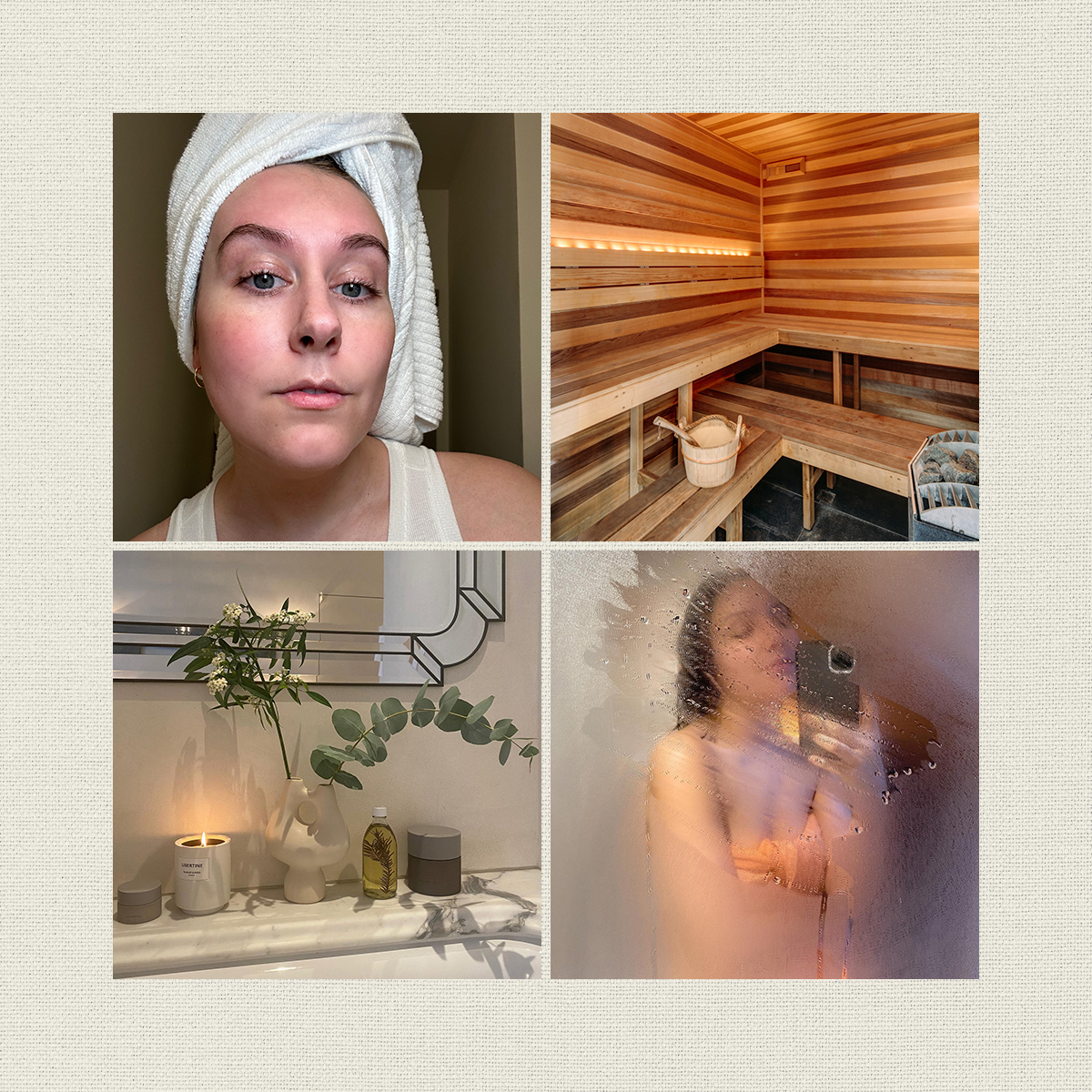 I Tried the Internet-Famous Sauna–Cold Plunge Combo—It Eliminated Skin, Sleep, and Stress Issues
I Tried the Internet-Famous Sauna–Cold Plunge Combo—It Eliminated Skin, Sleep, and Stress IssuesHere's my unfiltered experience.
By Kaitlyn McLintock
-
 The Most Well-Rested Fashion People Say These Are the Absolute Best Mattresses (and They're on Sale)
The Most Well-Rested Fashion People Say These Are the Absolute Best Mattresses (and They're on Sale)Sleepy girl summer.
By Ana Escalante
-
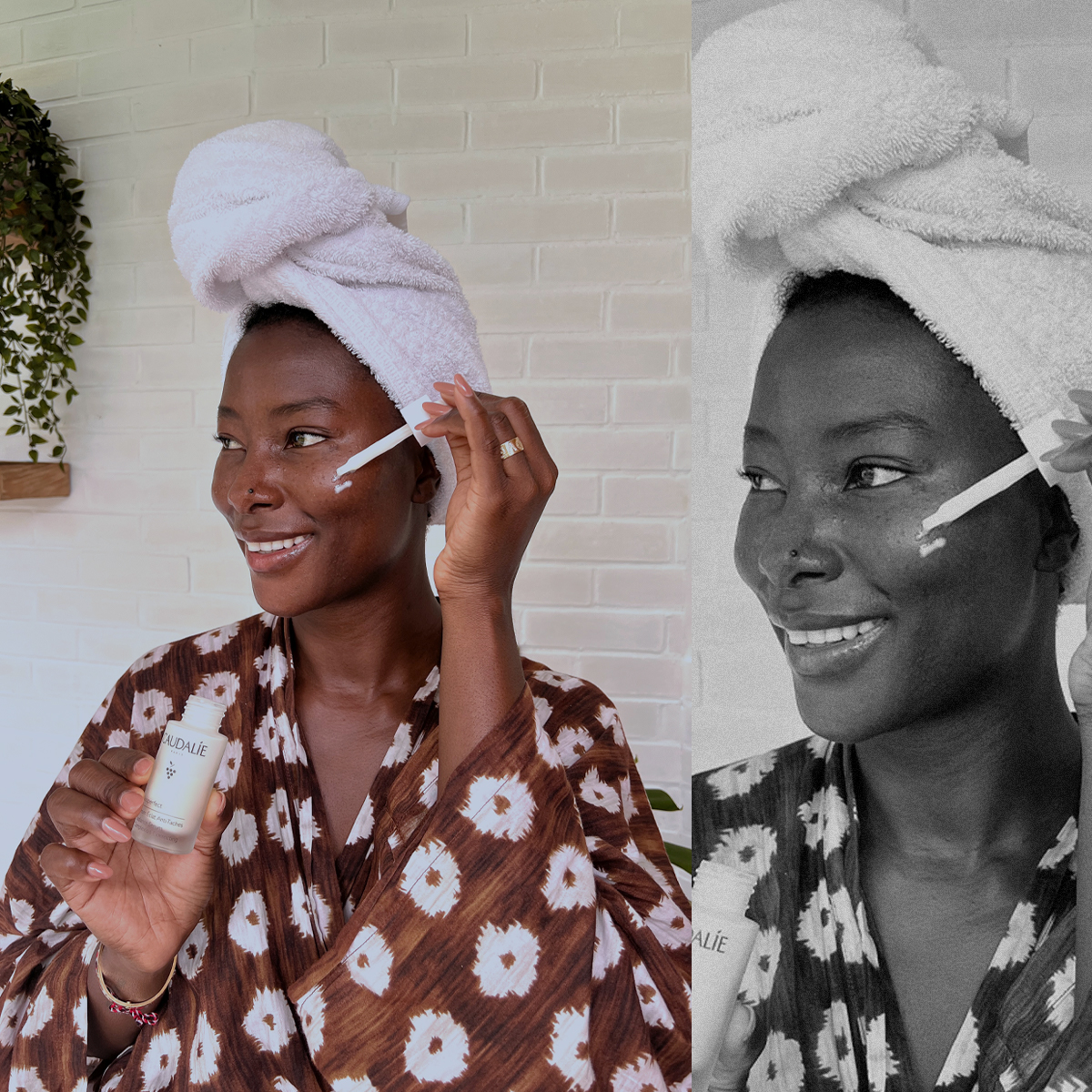 This Beauty Blogger's Wind-Down Routine Is Anything But a Snooze
This Beauty Blogger's Wind-Down Routine Is Anything But a SnoozeSee her go-to workout and her favorite vitamins.
By Virginia Yapp
-
 13 Products That Will Step Up Your Self-Care Game From Home
13 Products That Will Step Up Your Self-Care Game From HomeGet that glow from within.
By Natalie Gray Herder
-
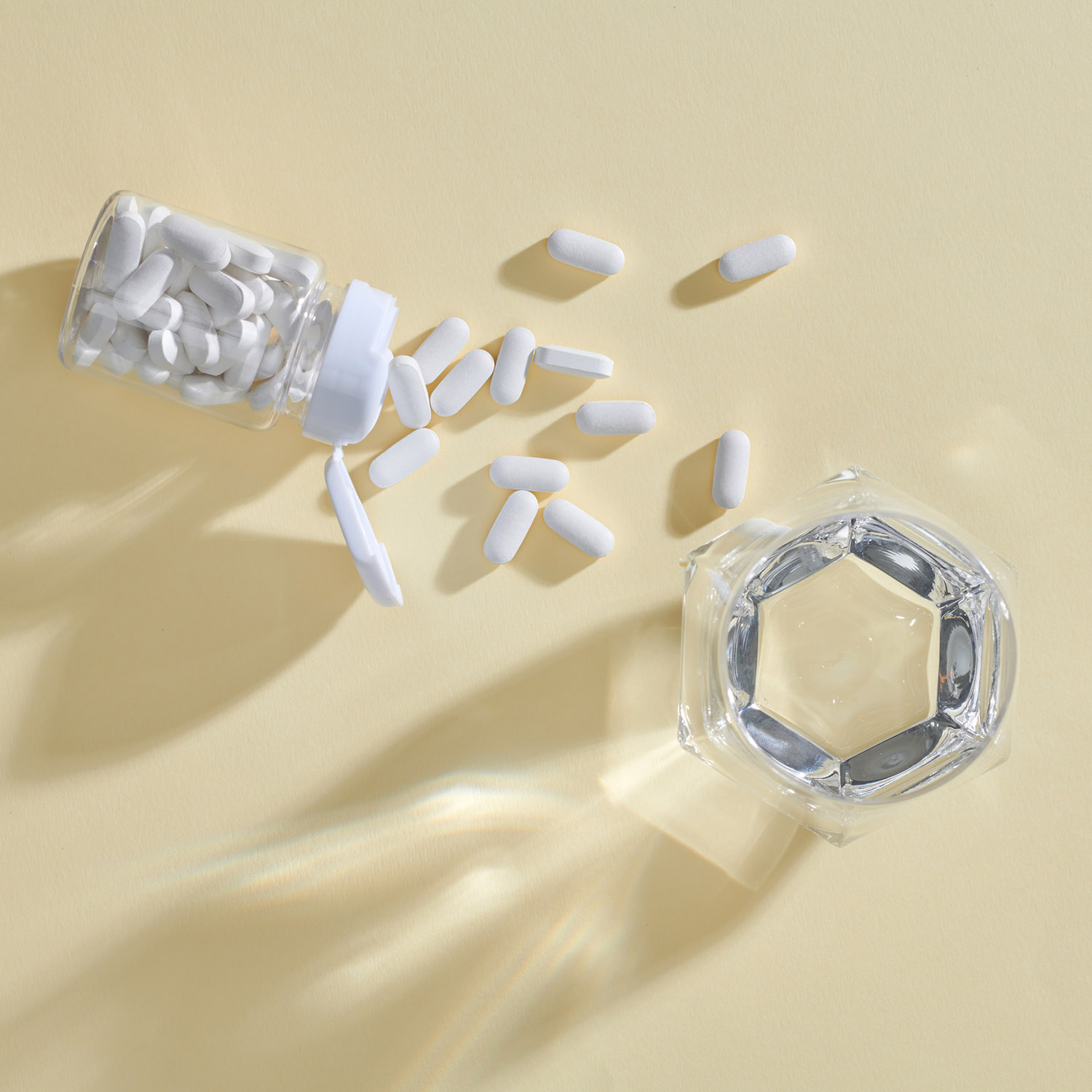 Don't Forget This Vital Ingredient When It Comes to Gut Health
Don't Forget This Vital Ingredient When It Comes to Gut HealthIt's crucial.
By Sarah Yang
-
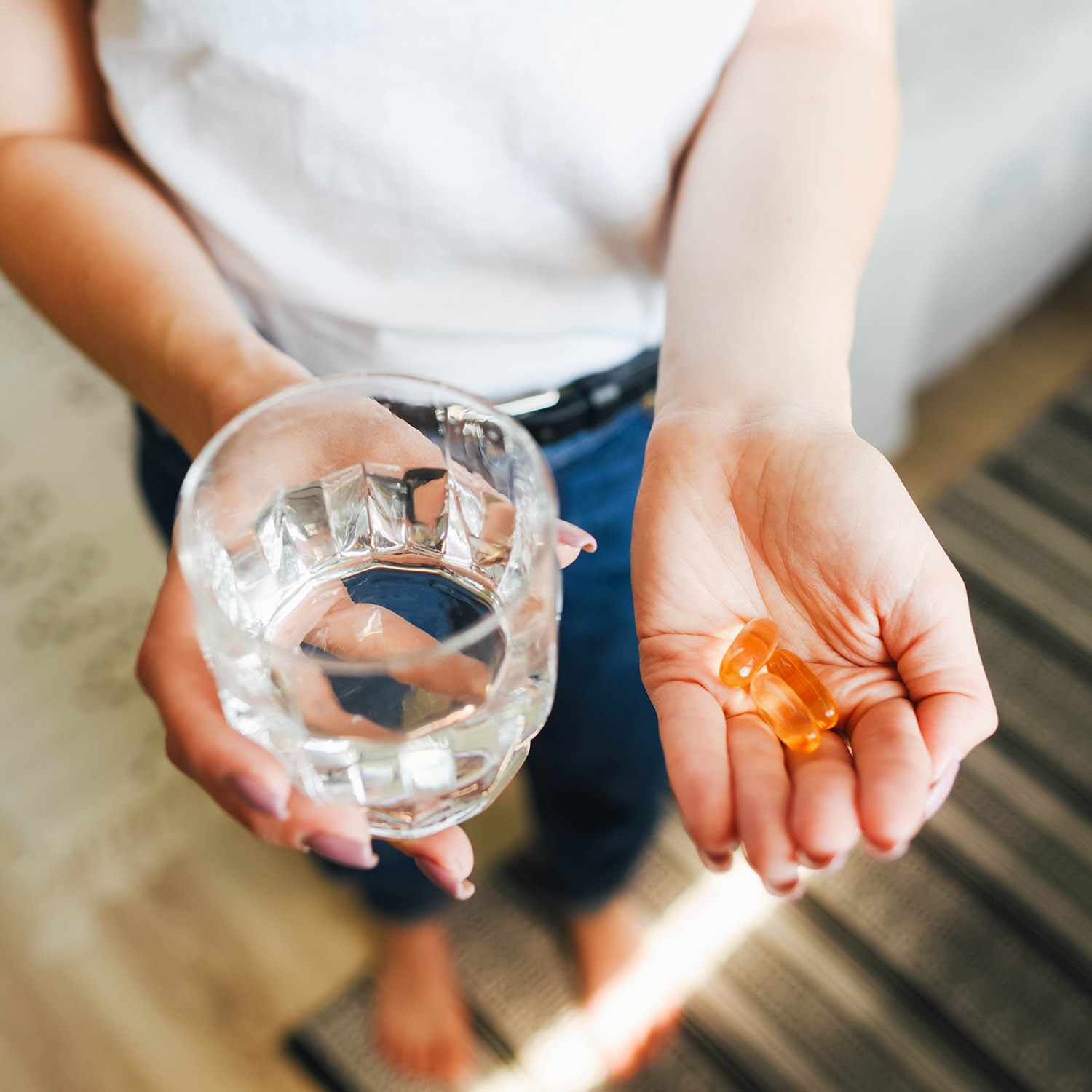 FYI: This Vitamin Affects Your Skin, Immune System, and Eye Health
FYI: This Vitamin Affects Your Skin, Immune System, and Eye HealthIt's a big deal.
By Sarah Yang
-
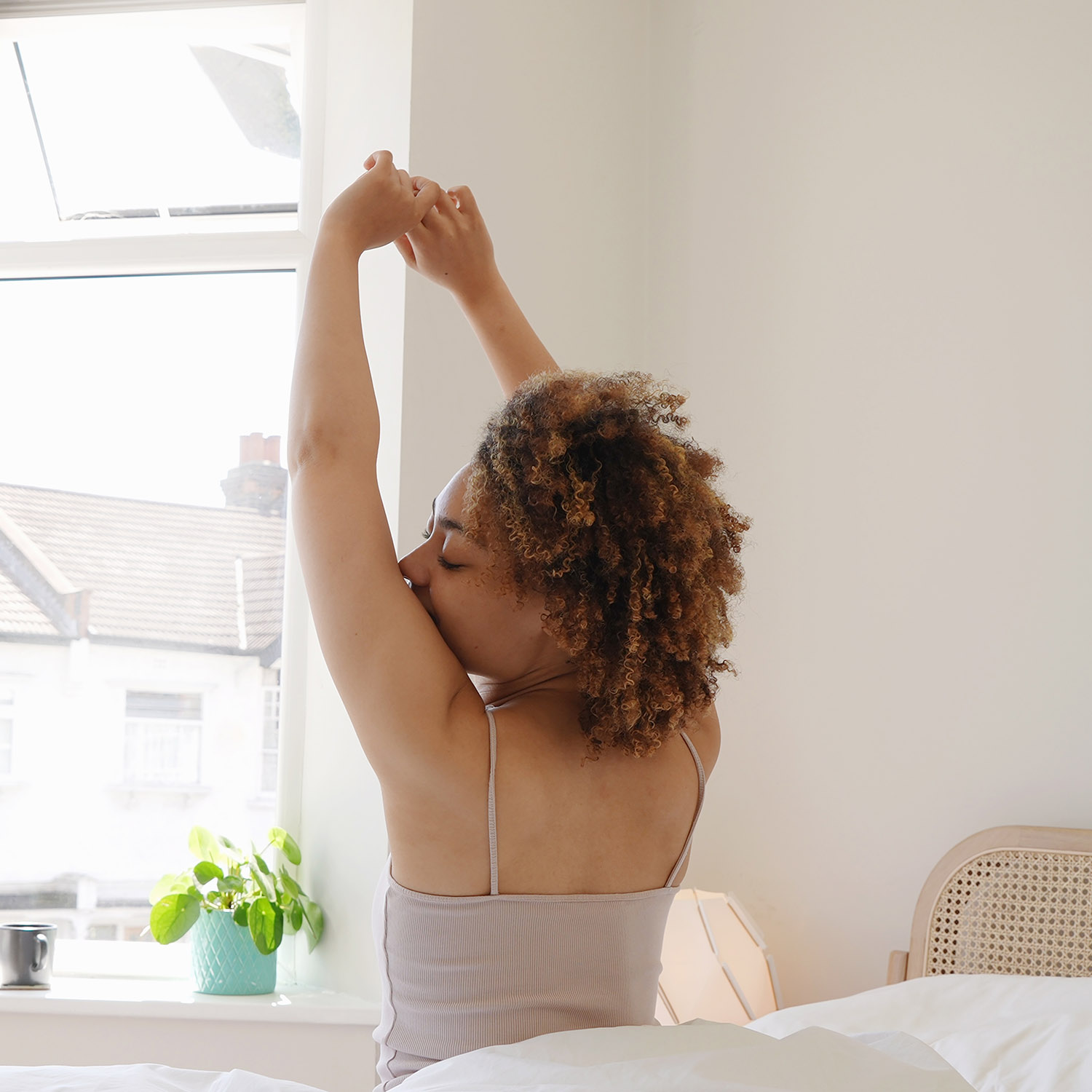 This Fatigue-Fighting Solution Might Be Better Than a Cup of Coffee
This Fatigue-Fighting Solution Might Be Better Than a Cup of CoffeeIt will give you a boost.
By Sarah Yang
-
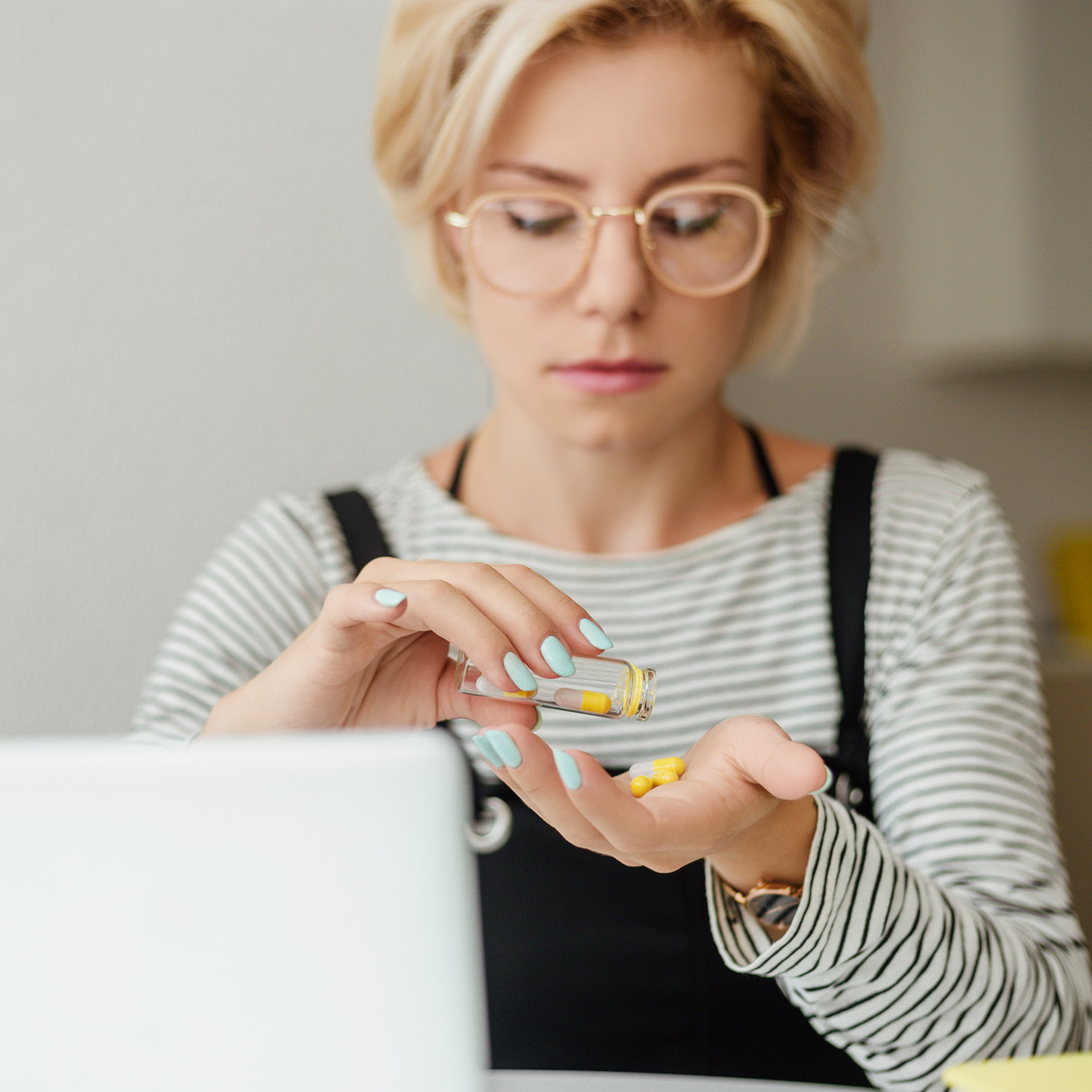 Taking This Supplement Improves Sleep, Regulates Blood Pressure, and More
Taking This Supplement Improves Sleep, Regulates Blood Pressure, and MoreIt's an essential mineral.
By Sarah Yang

